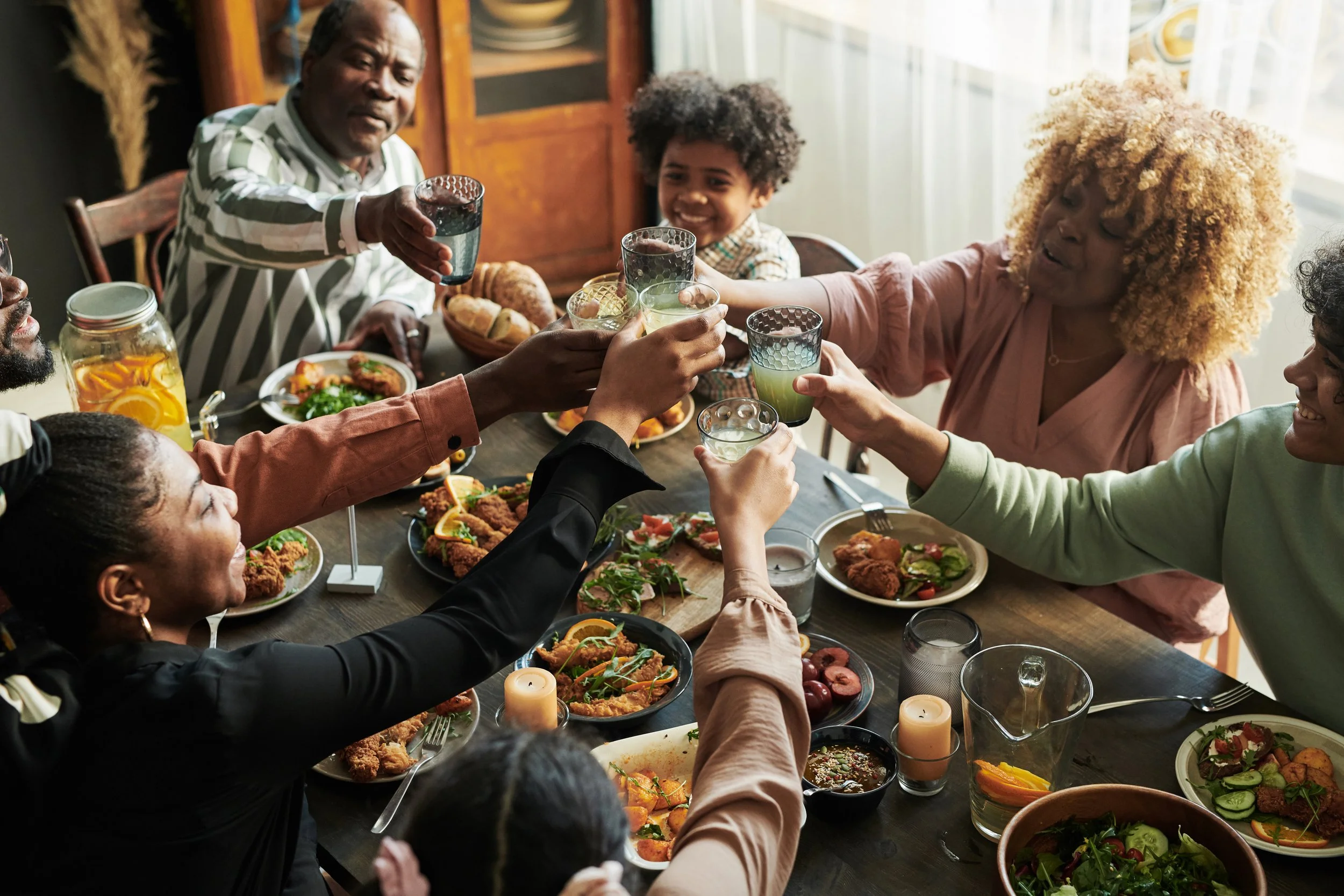Imagine a world where you step into each day (okay, let’s be real - most days) with unwavering self-assurance, ready to embrace challenges and seize opportunities. This level of self-confidence is not an unattainable dream; it’s a skill, a mindset that can be nurtured and cultivated. A healthy level of confidence comes from a belief in your abilities, recognition of your worth, and assurance that you can handle whatever comes your way. Self-doubt, on the other hand, creeps in as that nagging voice that questions your capabilities and fuels anxiety about failure. Below are ten actionable strategies you can start today to help you silence self-doubt and foster a foundation of confidence that radiates from within.
1. Practice Self-Compassion
The journey to self-confidence begins with self-compassion. Treat yourself with the same kindness, understanding, and patience that you’d offer a friend facing challenges. Acknowledge that no one is perfect, and making mistakes is a natural part of growth. Practice self-talk that is encouraging and uplifting, even in moments of self-doubt. An easy way to access this is to ask yourself: what would I say to a loved one in my situation?
2. Set Achievable Goals
Setting and achieving small goals can be a powerful confidence booster. You can start with realistic objectives that are aligned with your interests and skills. As you meet these goals, you’ll gradually build a track record of accomplishments that reinforce your belief in your abilities - and then you can start to aim higher.
3. Celebrate Your Wins
Whether big or small, celebrate your achievements. Give yourself credit for overcoming challenges and achieving milestones. Celebration not only bolsters your self-confidence but also reinforces the idea that you are capable of success. Resist the temptation to skip this crucial step! Acknowledging your progress helps cement a belief that your efforts are worthwhile.
4. Cultivate a Growth Mindset
Adopting a growth mindset involves believing that your abilities and intelligence can be developed through effort and learning. Embrace challenges as opportunities to learn and improve, rather than seeing them as threats to your self-worth. This mindset shift empowers you to approach situations with openness, curiosity, and optimism.
5. Embrace Your Strengths and Weaknesses
Self-confidence isn’t about being flawless; it’s about recognizing your strengths, acknowledging areas where you can improve, and making decisions accordingly. Embrace your strengths as assets that make you unique, and view your weaknesses as opportunities for growth. Working on self-improvement fosters a positive self-image.
6. Surround Yourself with Positivity
Surrounding yourself with positive influences is vital for building self-confidence. Surround yourself with friends, mentors, and colleagues who support and uplift you. Their encouragement and belief in your capabilities can counteract self-doubt and foster a positive environment. On the flip side, consider if you might be receiving messages that reinforce your self-doubt, and limit exposure to those relationships if possible.
7. Step Out of Your Comfort Zone
Leaving your comfort zone may feel intimidating, but it’s an effective way to build self-confidence. Each time you venture beyond familiar territory, you prove to yourself that you’re capable of handling new experiences. Start small and gradually push your boundaries, whether it’s trying a new activity, speaking in public, or taking on a new project. Remember to treat yourself with kindness and compassion during this process!
8. Practice Positive Visualization
Visualize yourself succeeding in situations that trigger self-doubt. Close your eyes and vividly imagine yourself confidently handling challenges, achieving your goals, and feeling proud of your accomplishments. Regular positive visualization can rewire your brain to trust your abilities and believe in yourself.
9. Practice Self-Care
Taking care of your physical and emotional well-being contributes to your overall self-confidence. Prioritize habits that nourish your body, mind, and soul. This could be exercise, healthy eating, spiritual activities, and spending time in nature. When you feel good on the inside, it reflects in your outward demeanor and fortifies your response to challenges.
10. Reflect on Past Successes
When self-doubt creeps in, take a moment to reflect on your past successes. Remind yourself of moments when you conquered challenges, achieved your goals, and demonstrated resilience. This reflection serves as a powerful reminder of your capabilities. Remember to allow yourself credit for these accomplishments - you earned these wins by exercising your will and expressing your unique character.
Seeking Support for Self-confidence
Building self-confidence is a journey that requires patience, self-compassion, and consistent effort. It’s often easier and more effective with a professional therapist by your side. Contact Bridger Peaks Counseling today to get started. We offer individual counseling at both our Bozeman and Missoula practices.
Get Started with Individual Counseling Today
Silencing your self-doubt doesn’t have to be a solo journey. At Bridger Peaks Counseling, we’re here to support you every step of the way. Whether you’re struggling with self-doubt or looking to cultivate a stronger belief in yourself, our experienced therapists can help you navigate the path toward greater confidence and fulfillment. Take the first step today.
Explore more insights on self-confidence by reading our blogs.
Discover how personalized therapy can empower you to silence self-doubt and unlock your true potential.
Other Services We Provide in Bozeman & Missoula, MT
At Bridger Peaks Counseling, our team is proud to offer a wide range of mental health services tailored to meet your needs. We provide support in areas such as addiction counseling, teen counseling, group therapy, Rising Strong workshops, and body image counseling. In addition, we offer specialized services like depression treatment, grief and loss counseling, and online therapy. Our services also include EMDR, postpartum anxiety and depression counseling, marriage counseling, and psychiatric care. Visit our FAQ page to learn more!











